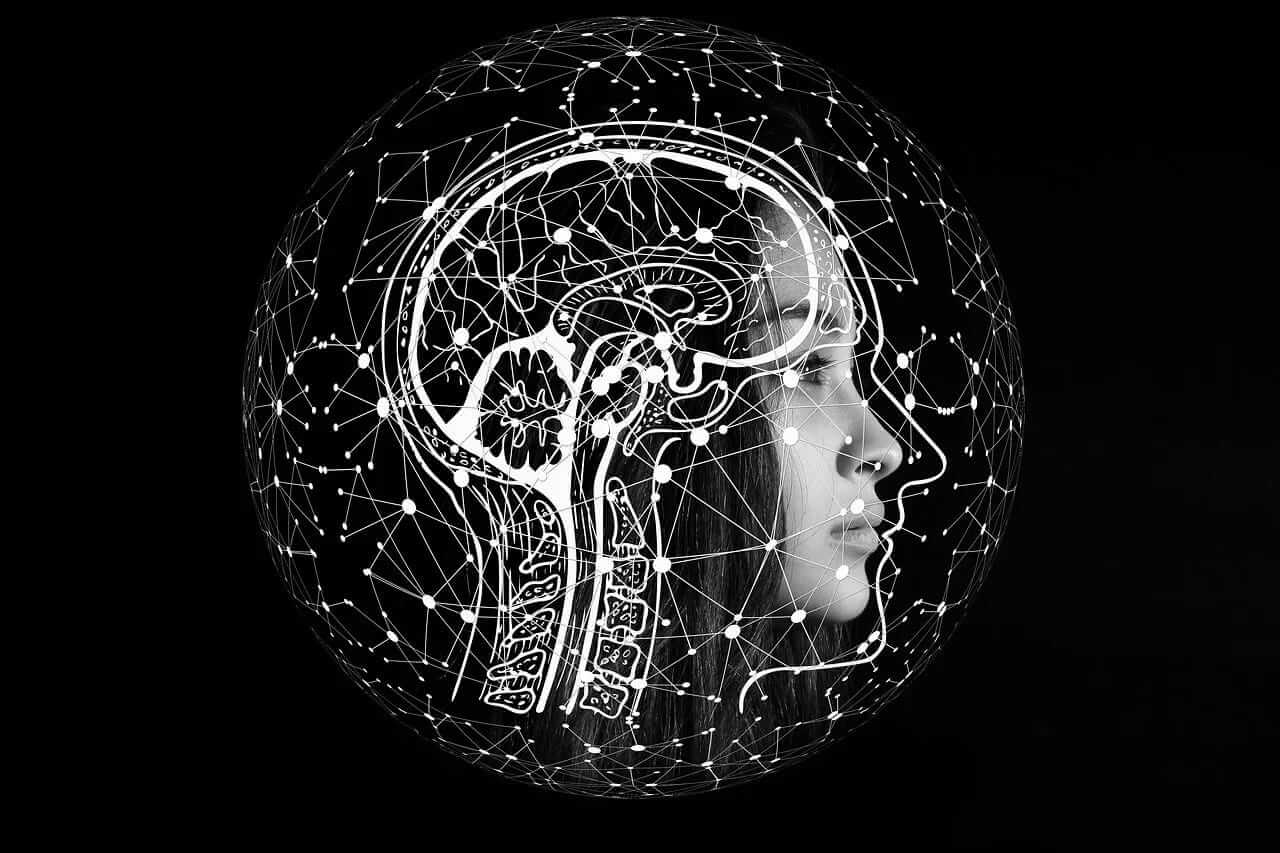The European Union (EU) has taken a historic step towards shaping the future of Artificial Intelligence (AI) with the adoption of its ground-breaking AI Act. This comprehensive set of regulations positions the EU as a global leader in setting ethical and responsible standards for AI development and deployment.

The AI Act reflects a growing concern around the potential pitfalls of AI. From issues of bias and discrimination to privacy violations and lack of transparency, the EU aims to mitigate these risks and ensure AI is used for good. Here’s a closer look at the key areas the AI Act focuses on:
- Transparency and Explainability: The ability to understand how AI systems reach decisions is crucial. The Act mandates that developers make AI systems more transparent, allowing users to comprehend the reasoning behind AI outputs. This empowers individuals and organizations to hold AI systems accountable for their decisions.
- Preventing Bias: AI algorithms can perpetuate existing biases present in the data they are trained on. The Act aims to mitigate bias by requiring developers to assess and address potential biases within their AI systems. This could involve using diverse datasets and implementing fairness checks throughout the development process.
- High-Risk Applications: The Act establishes a risk-based approach, categorizing AI applications based on their potential impact on individuals and society. High-risk applications, such as AI used in facial recognition or social scoring systems, face stricter regulations. Some practices, like using AI for social scoring or manipulating human behaviour, are outright banned.
- Accountability: The Act establishes clear lines of responsibility for AI systems. Developers and deployers will be held accountable for ensuring their AI systems comply with the regulations. This includes measures for ensuring data security and user privacy.
The AI Act is a significant step forward, but its implementation will be crucial. The EU will establish an AI Office to oversee the enforcement of the Act and provide guidance to developers and companies.
The impact of the EU’s AI Act will likely extend beyond its borders. Other countries grappling with the ethical implications of AI might follow the EU’s lead in establishing similar regulations. This could pave the way for a more standardized and responsible approach to AI development on a global scale.
Here are some lingering questions:
- Impact on Innovation: Will stringent regulations stifle innovation in the AI sector? Striking a balance between fostering innovation and ensuring responsible practices remains a challenge.
- Enforcement Challenges: The effectiveness of the Act will hinge on its enforcement. How will the EU ensure compliance across its member states?
- Global Standard? Will other regions adopt similar regulations, leading to a more unified approach to AI governance?
The EU’s AI Act marks a turning point in the development of AI. As this powerful technology continues to evolve, the need for responsible guardrails becomes increasingly important. The success of the EU’s approach will be closely watched as the world grapples with the opportunities and challenges presented by AI.





